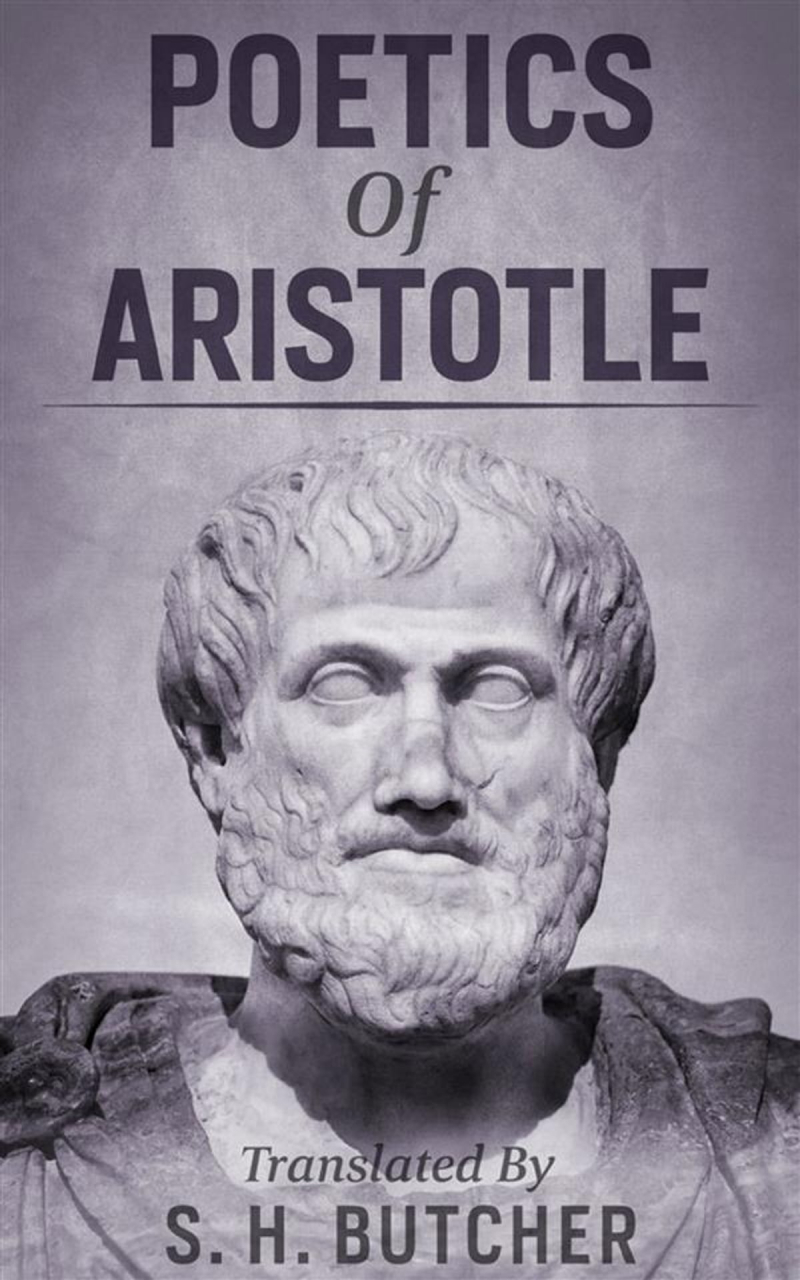Contribution to Art and Literature
The first known book on dramatic theory is Aristotle's Poetics, which is also the first work of western philosophy to focus on the literary theory the methodical investigation of the nature of writing. The book Poetics has 26 chapters and 50 pages. Tragic fiction, the most advanced genre of art of the period, dominates. It also clarifies Aristotle's opposition to Plato's dualistic and rationalist viewpoints. Epic poetry, tragedy, comedy, dithyrambic poetry, art, sculpture, music, and dance are all considered to be inherently mimesis (or "imitation") by Aristotle in his book Poetics by stating that it is the only form of learning that is ingrained in people. The differences in musical rhythm, harmony, meter, melody, the goodness of the characters, and the presentation of the story are the next criteria he uses to distinguish between imitations.
He refused to categorize art as either excellent or poor, instead emphasizing that it should arouse our emotions and provoke thought. Eventually, he asserted, art will be associated with the ideology of Catharsis, purging all unfavorable feelings and replacing them with a fascinating experience. Particularly caused by experiencing the tragic protagonist's devasting machinations. So Aristotle further categorized imitation according to how their objectives differed. He claims, for instance, that if tragedy is a dramatic copy of those who are better than average, comedy is a dramatic imitation of men who are worse than average. He also makes a distinction between imitations based on how they are imitated, including through story vs character, change against no change, and drama versus no drama.














